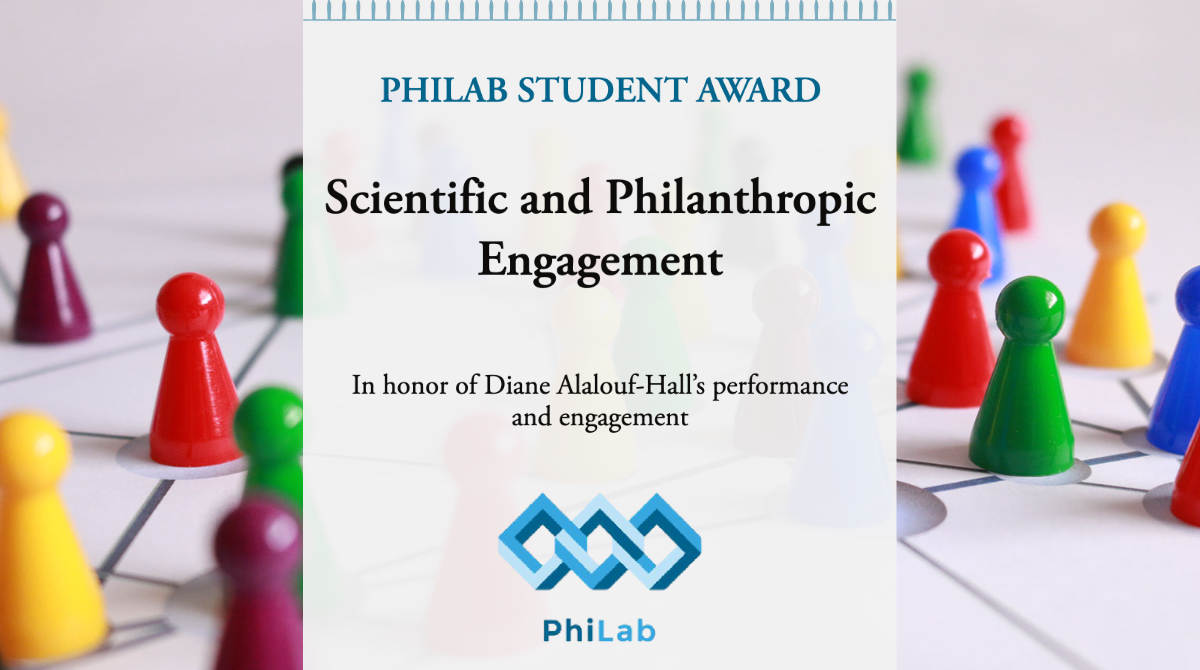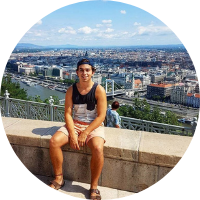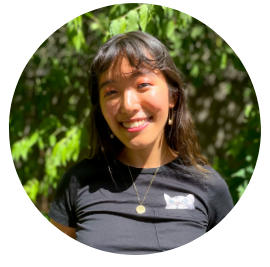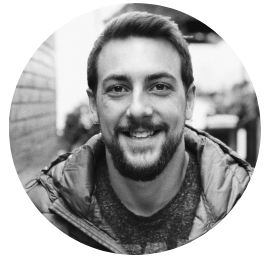
Precio mínimo: 3000$
Beca disponible: 1
Fecha de presentación: Las aplicaciones se reabrirán en septiembre de 2022.
Premio anual en honor al trabajo y el compromiso de Diane Alalouf-Hall, estudiante al doctorado y coordinadora del PhiLab Québec hasta 2021, durante su carrera universitaria, su investigación así como su compromiso y dedicación a la puesta en marcha y desarrollo de la Red de Investigación de la Asociación Filantrópica Canadiense (PhiLab).
Objetivos
- Destacar la excelencia de la investigación relacionada con el sector sin ánimo de lucro.
- Resaltar la repercusión de un proyecto de investigación dentro del sector con un fuerte impacto social tanto en Canadá como en el ámbito internacional.
- Fomentar la realización de carreras profesionales comprometidas con la investigación
- Estar matriculado en una universidad canadiense – licenciatura, maestría o doctorado – y estar domiciliado en Canadá.
- Los programas dirigidos son en humanidades, ciencias sociales, de gestión o ambientales.
- Registre su trabajo de investigación o su compromiso con el movimiento por una “transformación social más justa”.
- Idioma: francés o inglés, con un resumen en ambos idiomas.
- Rellenar el formulario de solicitud.
- Adjuntar una carta de presentación.
- Existe la posibilidad de que profesores u organizaciones sugieran candidatos.
- Las solicitudes serán procesadas por un Comité de Evaluación compuesto por: un investigador, un representante estudiantil y un representante de la comunidad filantrópica canadiense o quebequense.
- El expediente académico presentado por el candidato.
- El impacto en la sociedad del proyecto de investigación.
- Participación en el programa de investigación PhiLab a través de un artículo escrito, participación en el blog de Philab, participación en congresos, implicación en actividades de gestión de nuestra red de investigación, etc.
En el primer año, los miembros del Comité serán:
- Diane Alalouf-Hall, estudiante de doctorado, sociología UQAM, PhiLab-Québec
- Nancy Pole, Co-spire Consulting, PhiLab-Canadá
- Jean-Marc Fontan, Investigador, UQAM, PhiLab-Canadá
Winners of the Engagement Prize
In his thesis, David focuses on the role of Quebec grantmaking foundations in the implementation of a socio-ecological transition of the economy. His research explores the potential of three fields of action in which a growing number of foundations are engaging to support more socially and environmentally sustainable and desirable forms of development: (1) supporting the emergence and dissemination of the commons, prioritizing more sustainable and democratic management of the resources on which communities depend; (2) using their endowments in ways that encourage the growth of socially responsible finance; and (3) influencing governments to develop public policies that address climate disruption while protecting communities from the social risks associated with ecological disruption. As an engaged researcher, David’s work is rooted in a partnership approach to co-construct knowledge that will be useful to philanthropic actors seeking to scale up their efforts in these new niches.

Nearing the end of my master’s degree, I was exploring decision-making and governance in rural Mi’kmaw communities in western Newfoundland, considering avenues and barriers toward sustainable development. As PhiLab Atlantic Hub got on its feet, I recognized the emergent potential of place-based philanthropy and growing body of research within resilient, sustainable rural communities. Typically partnership-based, my research interests decidedly align with partner (community or organization) priorities and this leads to more meaningful research and engagement that is mutually beneficial for all partners. Notably, I worked with the Community Foundation of Nova Scotia to consider equitable ways to disperse funds across Atlantic Canada from a National community-focused COVID-19 relief fund. This work was mainly statistical but laid some foundation for additional inquiry in the future to draw out nuances of need in communities across various jurisdictions in Atlantic Canada.
Winner of the Innovation Prize

Research has shown that asylum seekers, compared to other immigrants, are at heightened risk of psychological distress because of their precarious legal status, financial and housing insecurity, and social isolation and discrimination. The experiences of asylum-seeking mothers are especially unique given that they have to navigate changing gender, parenting and often professional identities during resettlement. This mixed-methods study thus aims to understand the lived experiences of asylum-seeking mothers in Québec through their participation in a community-based psychosocial support program aimed to enhance their well-being. Specifically, this study will focus on understanding how asylum-seeking mothers re-establish their own agency during the resettlement process; and how attending a community-based support program shapes their self-efficacy, adaptive stress, and subjective well-being. This study will use questionnaires to measure 1) the correlation between agency and subjective well-being; 2) how participation in the program may correlate with increased self-efficacy and enhanced well-being, and finally, 3) how asylum seekers’ capacities to adapt to stressors in the domains of identity and existential meaning correspond with their level of agency and wellbeing. Interviews will be conducted to examine asylum-seeking mothers’ perceptions of their own agency and wellbeing during resettlement and how these perceptions may change after participation in the program. By exploring how community-based programs may promote asylum seekers’ mental health through the lens of self-efficacy and adaptive coping, this study will offer insight to the capacity of asylum-seeking mothers as agentic beings and will provide evidence to inform policies and development of interventions to improve well-being of this vulnerabilized population.
Más información y contacto en el correo: philab@uqam.ca


